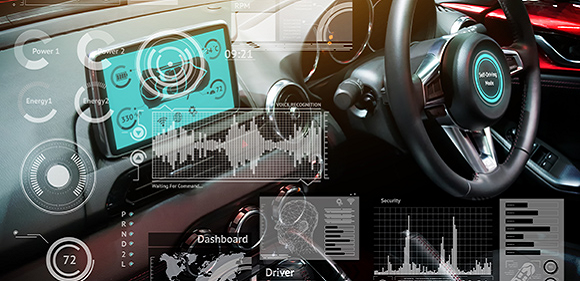Traffic-data cybersecurity works … for now
Russian company Quanttelecom is developing a quantum communication technology for protection of transport-related data against man-in-the-middle attacks.
So far, the developer has made three real-world implementations in the national road transport system, including 500, 125 and 50 miles fiber-optic lines. As quantum technologies advance at pace, more companies are thinking how to apply them to the challenges facing road transport. In 2018 , we published a piece on the quantum computing partnership between VW and D-Wave aimed at solving complex tasks of traffic optimization.
Using quantum physics for data transit is a different story. While quantum computers are super-fast, state-of-the-art quantum communication lines are, on the contrary, extremely slow (or, more precisely, narrowband). Yet their ultimate advantage is theoretically absolute protection against eavesdropping.
Given that, the engineers are trying to build a combined model with quantum and conventional communication technologies. After exchanging a cryptographic key is done through a procedure called quantum key distribution (QKD), the sender and the recipient get back to the conventional channel such as wi-fi, mobile connection or fiber optic to transit the encrypted data.
This is what Quanttelecom is trying to adapt to transport-specific conditions. “By exploring into the (available) technologies and standards used for protecting data in exchange of information between automobiles and transport environment we are trying to formulate a proper concept of embedding quantum communications to secure the data,” said Igor Nalivayko, commercial director at Quanttelecom, in a phone interview.
Questionable quantumization
“With QKD, data security level rises exponentially making even quantum computers useless for malicious actions,” said Nalivayko, “because a larger overall amount of data is encrypted, keys are often changed and each key protects significantly less amount of data.”
To read the complete article, visit TU-Automotive.

















